Artificial intelligence has the potential to spur significant innovation and positive change across a wide range of industries, from healthcare to transportation. But certain AI developments might change the world for worse and deepen existing inequalities. Autonomous weapons could lead to conflicts, while AI surveillance technologies may threaten privacy.
Automation of jobs might also exacerbate unemployment and economic disparities. Addressing these challenges is crucial to ensure AI’s impact is predominantly positive. Here are 14 AI developments that might change the world for worse.
1. Voice Control
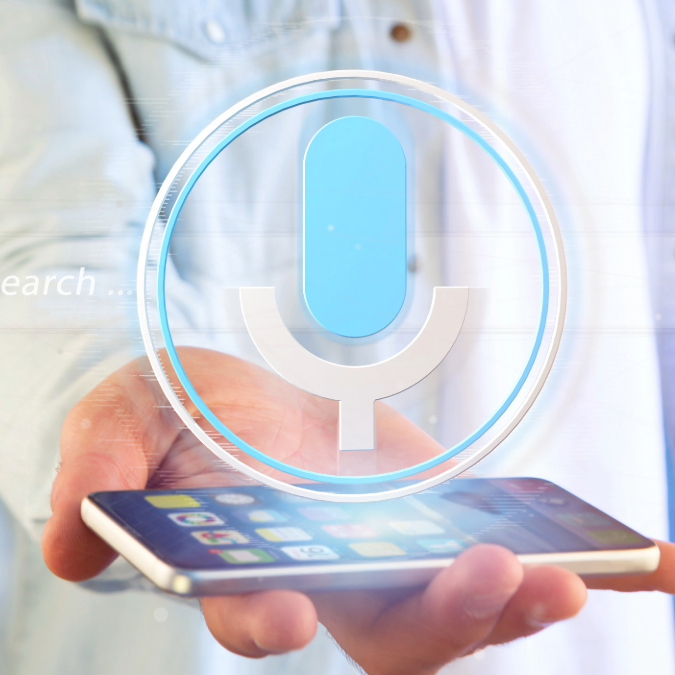
According to Yahoo Finance, artificial intelligence may one day allow us to control various apps like Photoshop using voice instructions. Although this AI development would create greater accessibility for disabled individuals, it could also displace jobs. When anyone can edit photos by telling AI how they want a photo to look, photo and video editors may no longer be necessary. It’s unclear which other jobs AI-powered voice control could affect or replace.
2. Self-Driving Cars and Trucks

Self-driving trucks and cars are another AI development that may change the world for worse. These automated vehicles will use sensors, navigation tech, and artificial intelligence to fully drive themselves. As of now, it’s uncertain whether or not a human driver will be needed as a failsafe to prevent potential accidents. Regardless, the emergence of this new technology could reduce job opportunities for truckers and other transportation workers.
3. Quantum AI
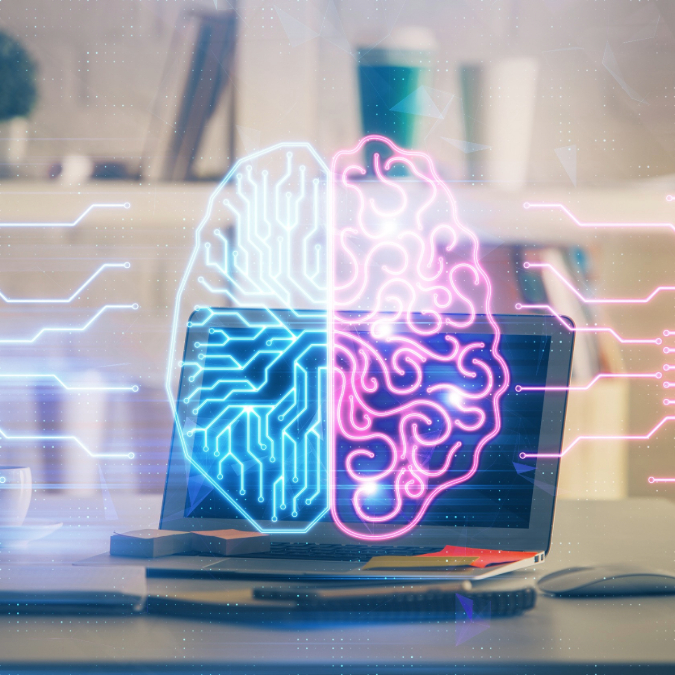
Quantum processing could potentially revolutionize the technology industry by speeding up the computing process substantially. According to Forbes, quantum processors could theoretically be a million times faster than today’s fastest computers.
Combined with AI, this technology could have vast applications across industries, from business to meteorology to healthcare, leading to massive innovation. However, highly powerful quantum AI models could cause job disruption across various sectors of the economy, potentially changing the world for worse for some workers.
4. AI Facial Recognition
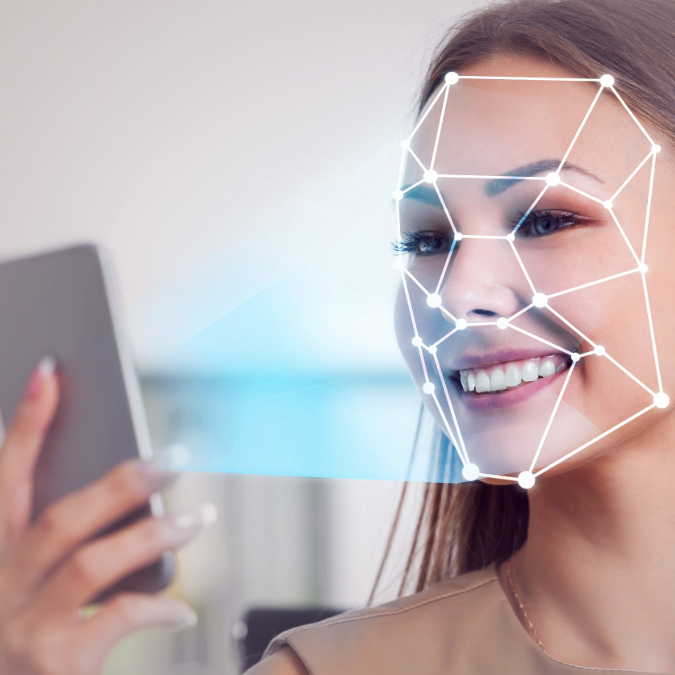
Another AI development that could change the world for worse is facial recognition. As artificial intelligence improves, it could be used to compare and detect people’s faces with a higher degree of accuracy, allowing for reliable identity verification. Bad actors or corrupt governments may take advantage of this emerging tech to track people, eroding privacy.
5. Deepfakes
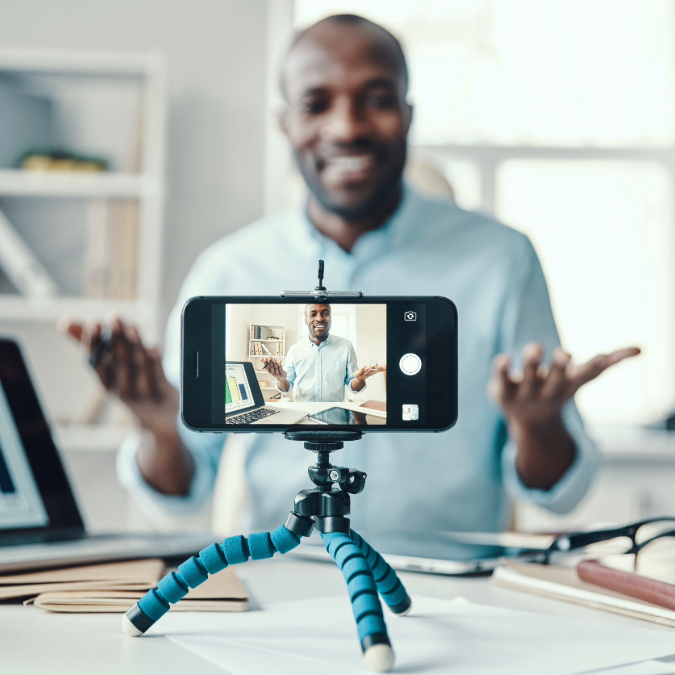
Deepfakes are another AI development that could change the world for worse. These computer-generated photos and videos of people can be used for manipulative purposes, depicting events that never occurred in real life. Deepfakes have the potential to damage people’s reputations, particularly public figures. Fraudsters can also use them to deceive consumers and carry out scams.
6. Social Credit Systems

China is exploring the concept of implementing a social credit system to increase trust in society and promote positive behaviors like blood donation. But the idea of social credit has raised some concerns. If this kind of system ever catches on, it’s possible that artificial intelligence could be used to collect and analyze data on people’s behaviors.
AI developments could make it easier to track people’s good and bad deeds and assign them a social credit score, similar to a financial credit score. However, keep in mind that social credit is a nascent concept that’s not very well-developed, so its future is unclear. It might never be implemented anywhere.
7. Autonomous Weapons
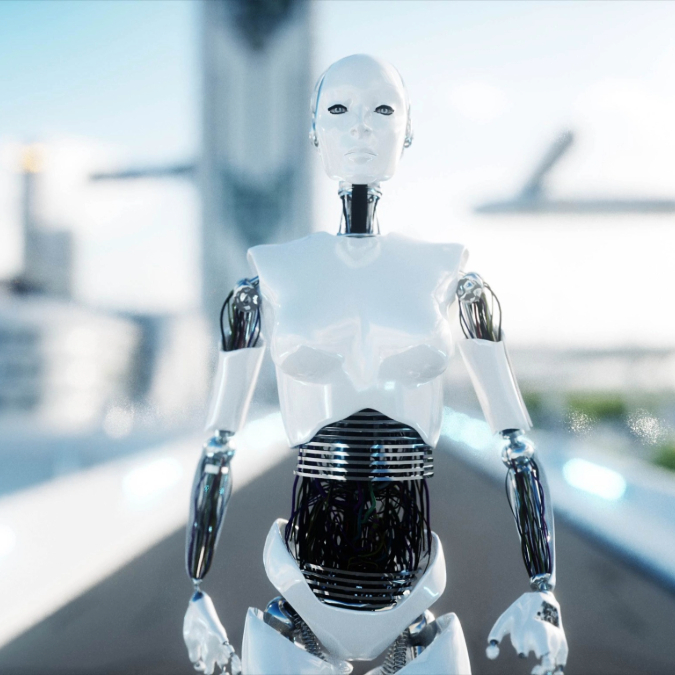
It’s possible that AI technology could be used to develop autonomous weapons. These types of weapons could locate and destroy targets on their own. A major concern is that they could be vulnerable to hacking.
8. Trading Algorithms
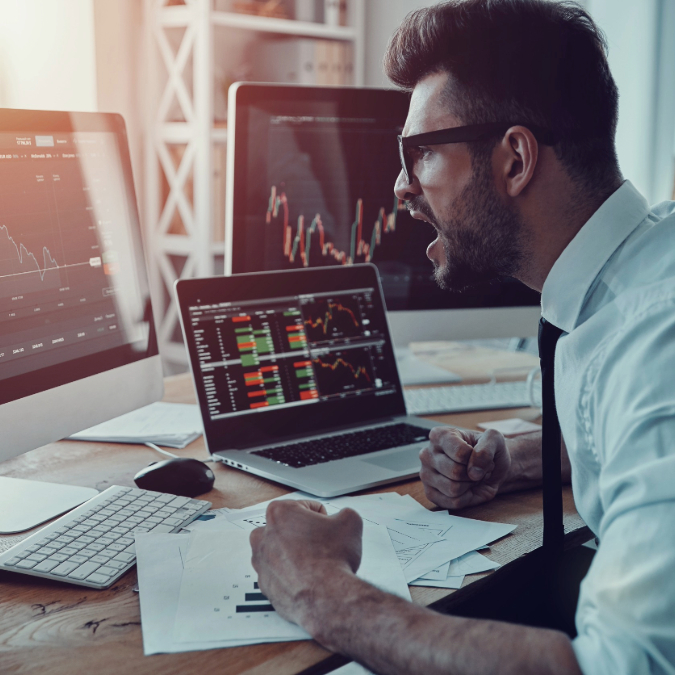
Trading algorithms that use artificial intelligence technology to make investing decisions can potentially cause market crashes. Although these algorithms help make trading more accessible to the general public, they aren’t without risks and may change the finance world for worse.
9. Generative AI
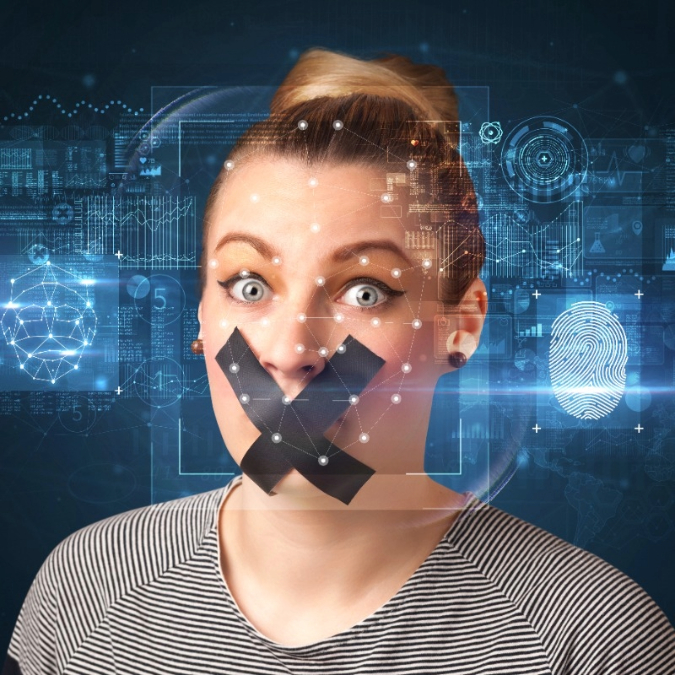
Generative AI tools like ChatGPT can be used to create a wide range of content, from well-composed articles to realistic images. As this technology improves, it may displace workers in artistic professions such as marketing, scriptwriting, video editing, and more.
When AI can produce art, books, and music that are as good as or better than human-generated works, we may lose our drive and desire to create. This may impact people’s mental health, as producing art can be a beneficial outlet for self-expression, allowing us to process complex emotions.
10. AI Influencers
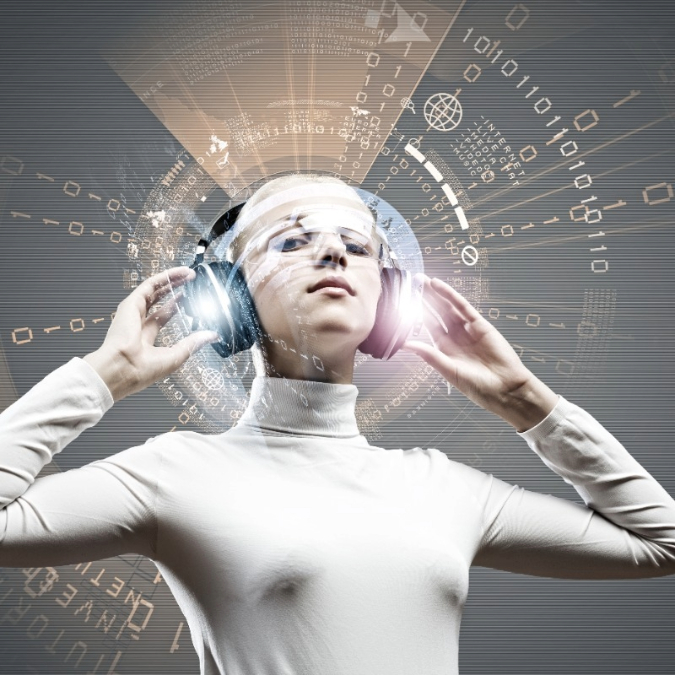
Companies are already starting to use AI-powered virtual influencers to promote their products. As generative artificial intelligence improves and these avatars become more realistic, they may start to edge out and replace real, human influencers. This could cause economic difficulties for online personalities.
11. AI Healthcare Technology

AI-driven healthcare technologies could revolutionize medicine, potentially improving diagnostic processes and making care more available to underserved populations. However, concerns have been raised about possible negative effects on patient privacy. Biases in training data could also reduce the technology’s efficacy. AI tools may also struggle with complex, rare health conditions and could lead to diagnostic errors.
12. AI-Enabled Cyberattacks

The use of AI in cyberattacks introduces new threats to cybersecurity, including advanced phishing attacks, malware, and network intrusions. AI-powered hacking tools can adapt and evolve rapidly, making them difficult to detect and defend against, potentially posing a significant risk to critical infrastructure and national security.
13. Limited Access to AI Education
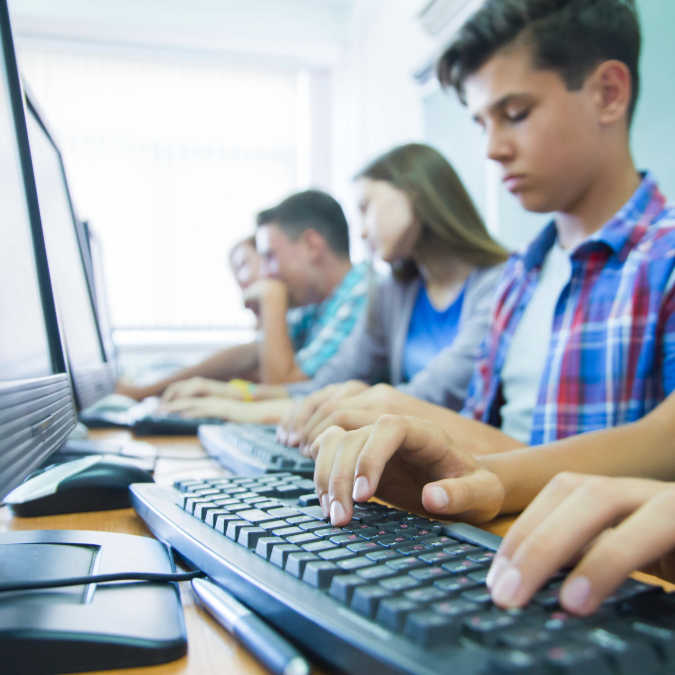
As AI becomes more integral to various industries, there’s a risk that access to quality AI education will be limited to privileged individuals or institutions. This could exacerbate existing inequalities and hinder social mobility, perpetuating a cycle of economic and educational disparity.
14. AI Governance
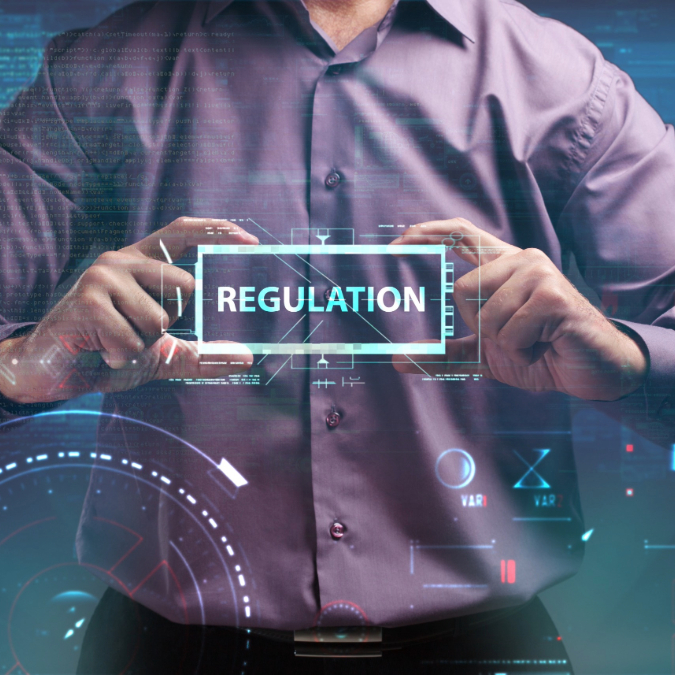
Poorly designed AI governance frameworks or regulations could have unintended consequences, stifling innovation or exacerbating the risks associated with AI technologies. Striking a balance between fostering innovation and protecting against potential harms requires careful consideration and interdisciplinary collaboration.
Managing Potential Risks of AI Developments
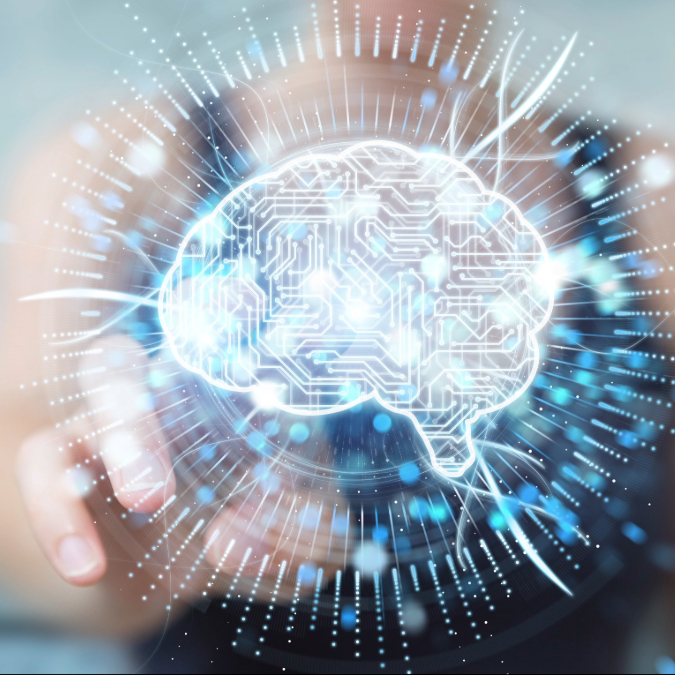
Overall, while AI has the potential to bring about positive change, it’s crucial to address these challenges to ensure that its impact on the world is beneficial. Robust regulations governing the development and use of AI, particularly in the areas of autonomous weapons and surveillance, are likely needed.
Additionally, investment in retraining programs can help mitigate job displacement. Ultimately, fostering international cooperation and ethical AI practices are essential to harnessing this technology’s potential for positive change.
Read More
16 Mind-Blowing Financial Innovations on the Horizon
13 Jobs Gen Z Should Never Consider Taking If They Want To Be Wealthy
Read the full article here














